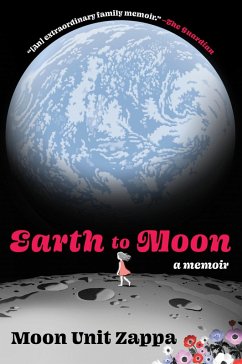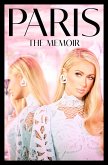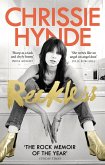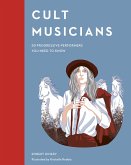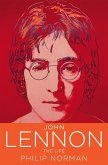I got my first journal when I was five, for Christmas, then every year after I'd get a new one. They were hardbound in black leather with gold embellishments on the cover and along the paper edges. So fancy. These books felt important. I believed I had a responsibility to do excellent work in them, to match their external beauty and honor the dead trees I held in my hands, a concept my mother had recently illuminated along with explaining hamburgers were deceased cows. Plus, the diaries were from Gail and Frank, my mother and my father, with the inscription to me in his handwriting, so I put undue pressure on myself to turn these blank nothings into weighty somethings, as I saw my idol dad doing on his large, butter-colored music paper.
When I wasn't writing short stories about my camels T'mershi Duween and Sinini, or about aliens or ballerinas or nuns, or alien ballerina nuns, I'd report on the happenings in the house or the world at large. I was political and wrote a letter to President Ford to get him to stop men from clubbing baby harp seals. I was ambitious and practiced signing my autograph in various handwriting styles. I was complimentary and wrote a letter to Tina Turner to let her know she is almost as good a dancer as me. I was boy crazy for Shawn Cassidy and wrote his name everywhere, followed by pages of scrawling my new name Moon Unit Cassidy in loopy cursive. I used my journals like a secret best friend I could tell anything to: I'm sad. I wish my dad would take me with him to Europe. When I still lived at home and had no privacy, I'd write in code about really secret stuff so I had somewhere safe to be the real me, to vent about my feelings with impunity.
As time went on, I loosened the reins on my dad-comparing and perfectionism in my journals. And in life. I had no choice. Rightly or wrongly, I believed I would never be as good as my dad, so I had to learn to live with plain old me.
For Moon Unit Zappa, processing a life so unique, so punctuated by the whims of creative genius, the tastes of popular culture, the calculus of celebrity and the nature of fractured love has at times been eviscerating, at others, illuminating. Yes, this is a book about growing up in the shadows of Frank Zappa, in a sexually free, but also dysfunctional world in 1970s LA.
And as we careen into the 1980s, the style and the music and the tone changesbut Moon remains the constant, trying to find herself in a very confusing, everchanging equationthat of her family and the relationship with fame.
It is Moon's deep sense of humor and humility that keeps her grounded, and keeps this memoir pinned to the ground. Earth to Moon is a creative, colorful, and wonderful lesson in growing into oneself.
Dieser Download kann aus rechtlichen Gründen nur mit Rechnungsadresse in A, B, BG, CY, CZ, D, DK, EW, E, FIN, F, GR, HR, H, I, LT, L, LR, M, NL, PL, P, R, S, SLO, SK ausgeliefert werden.

